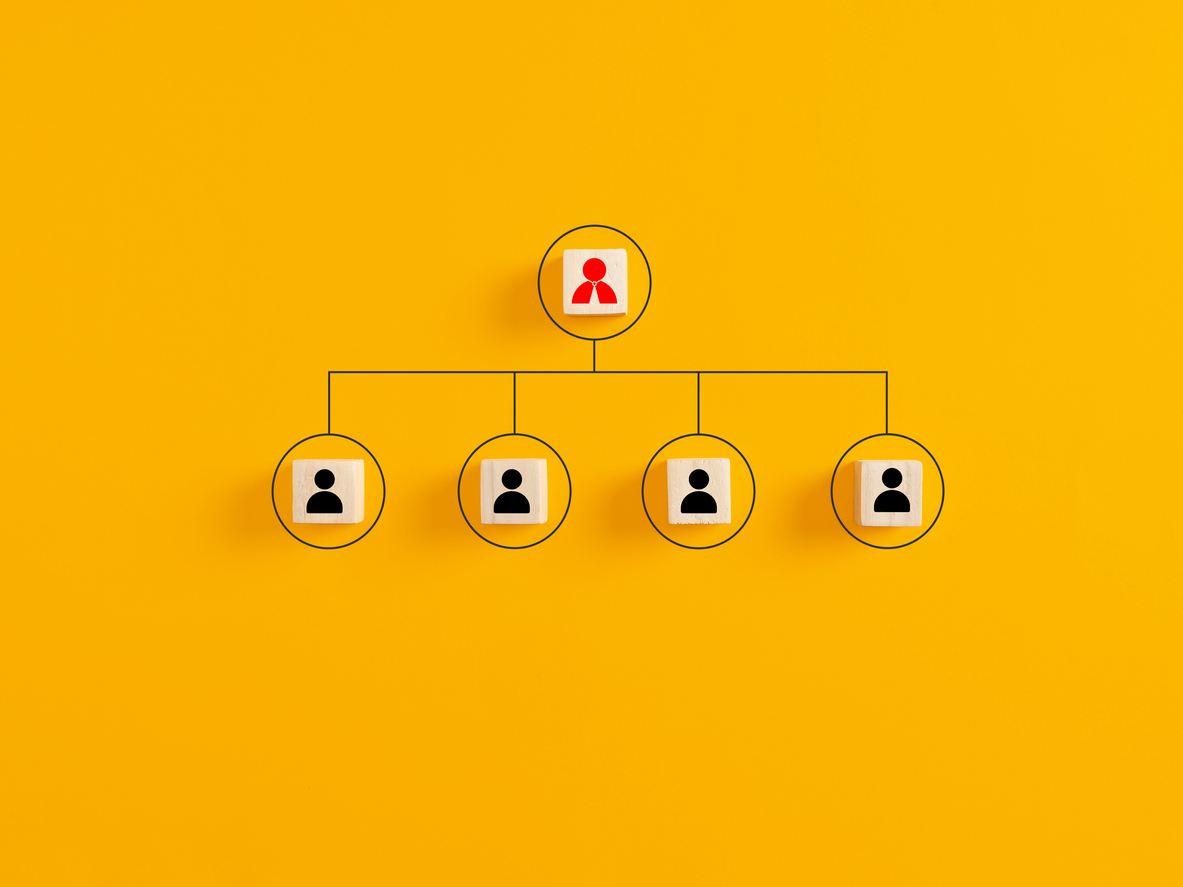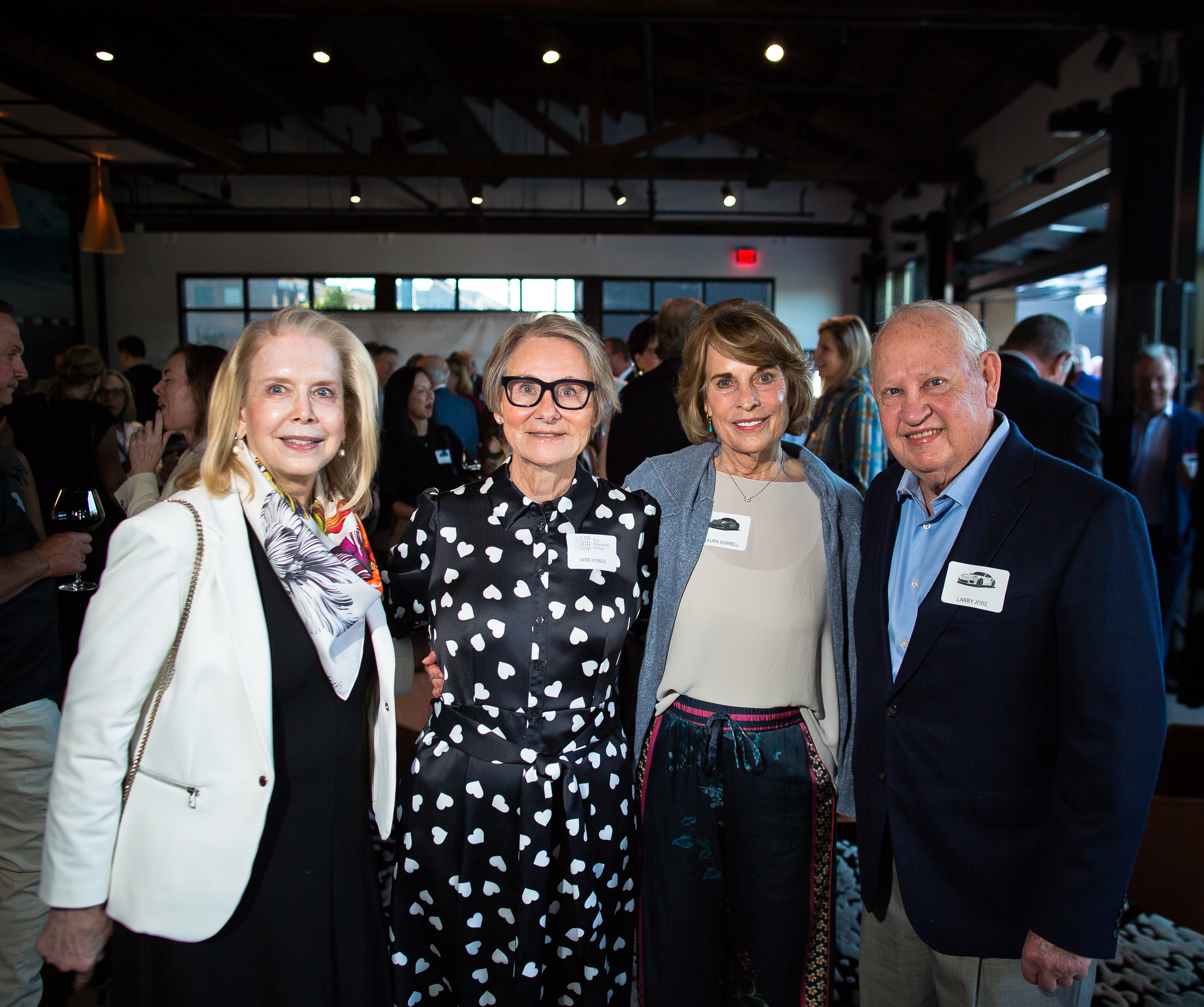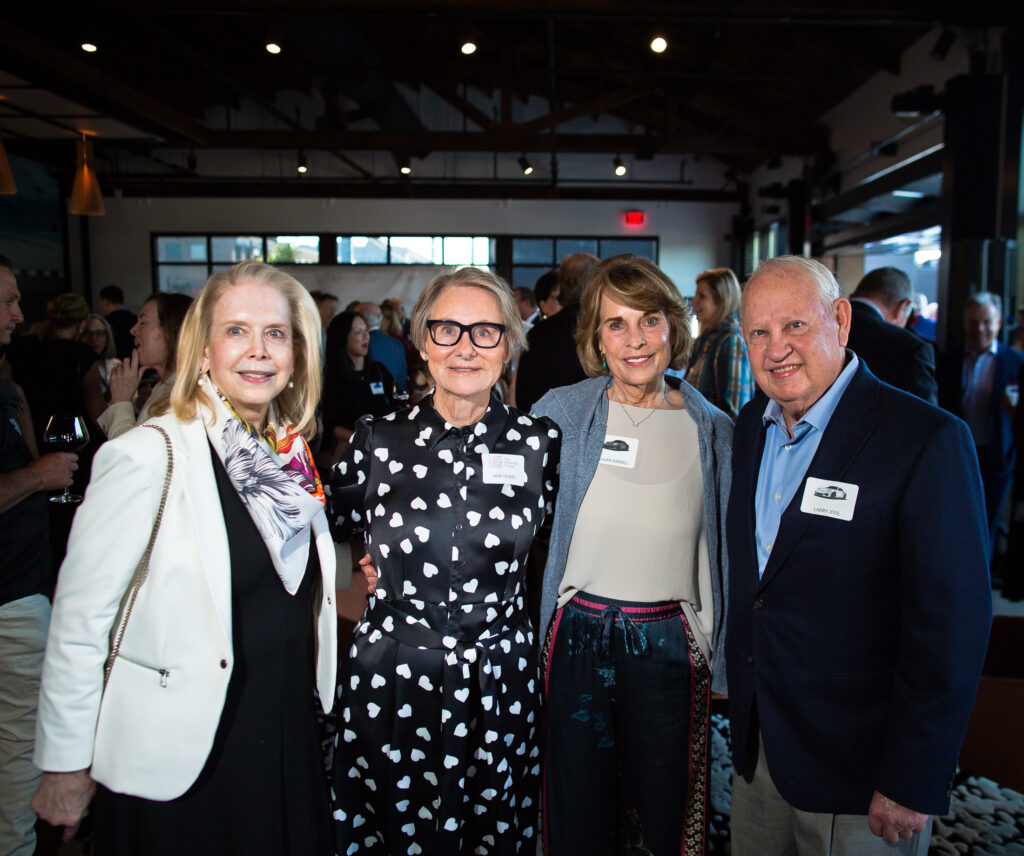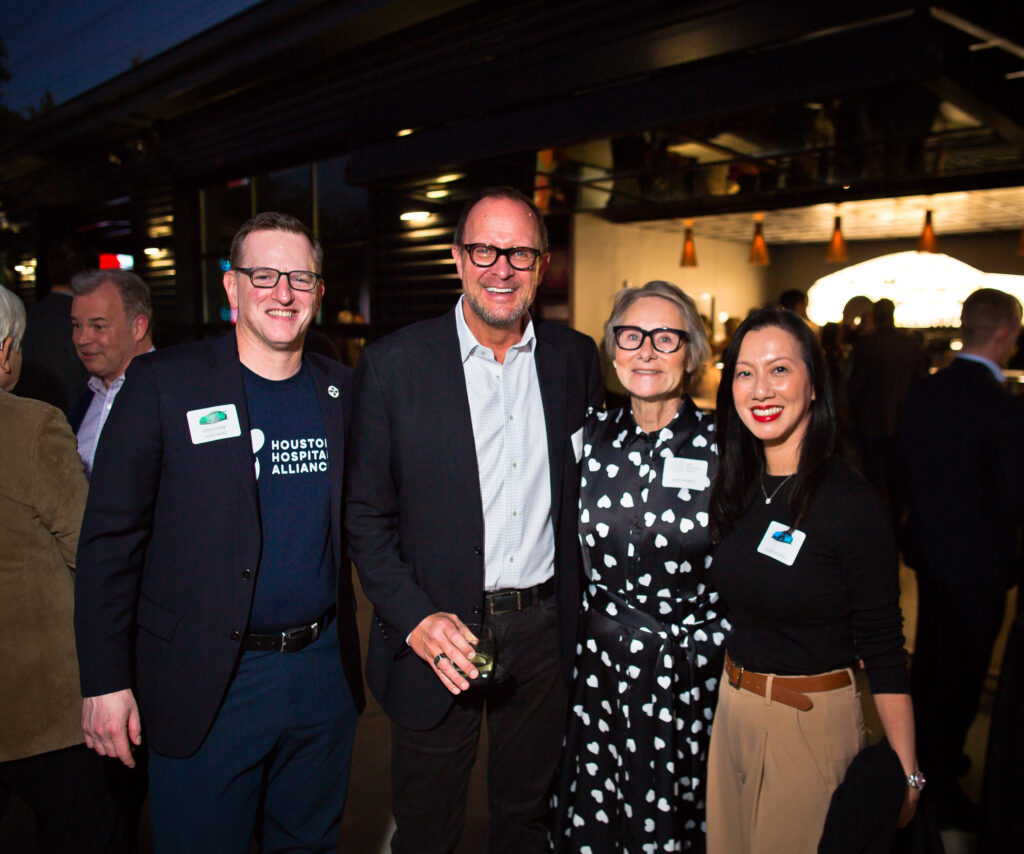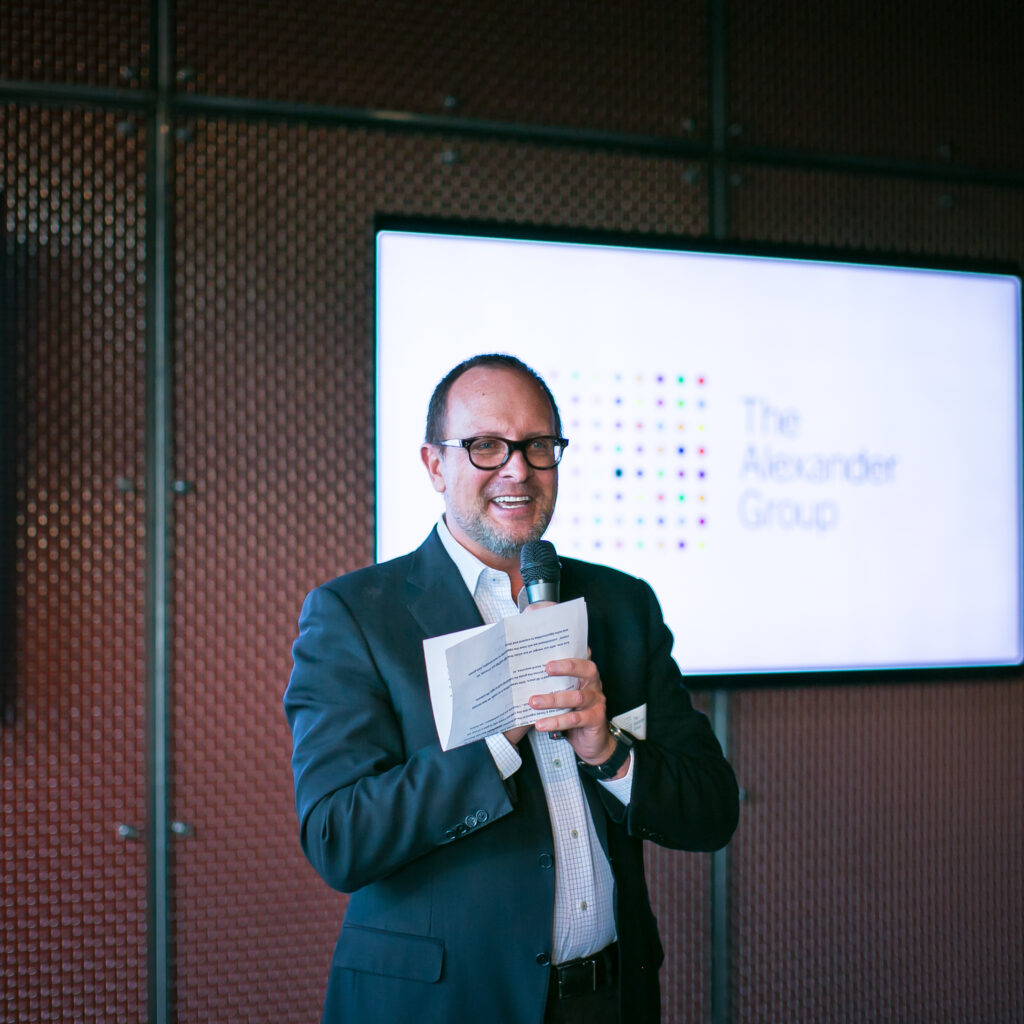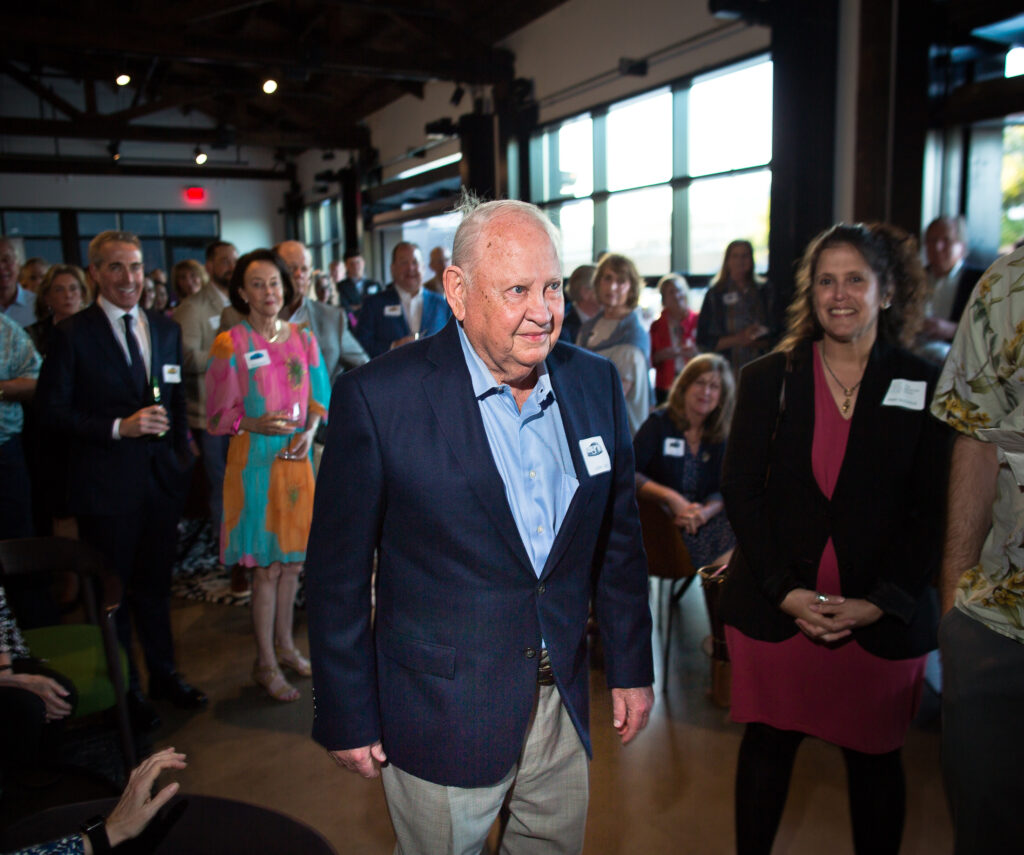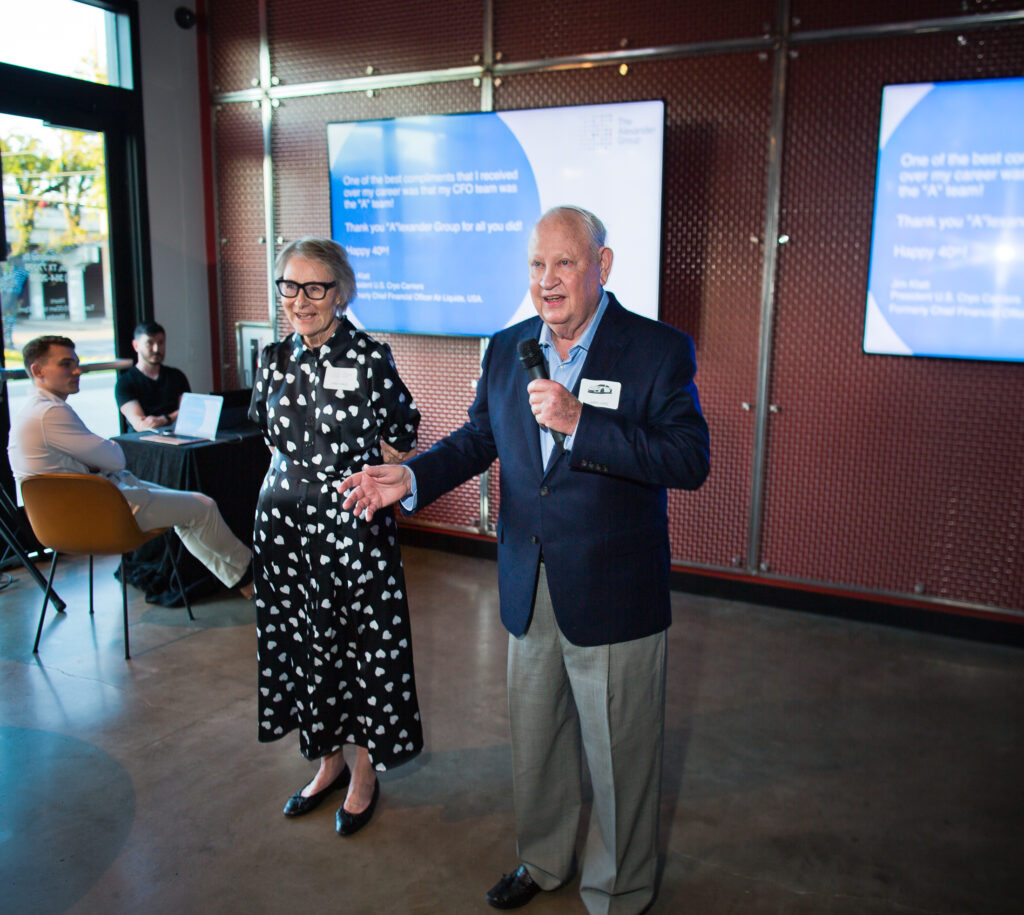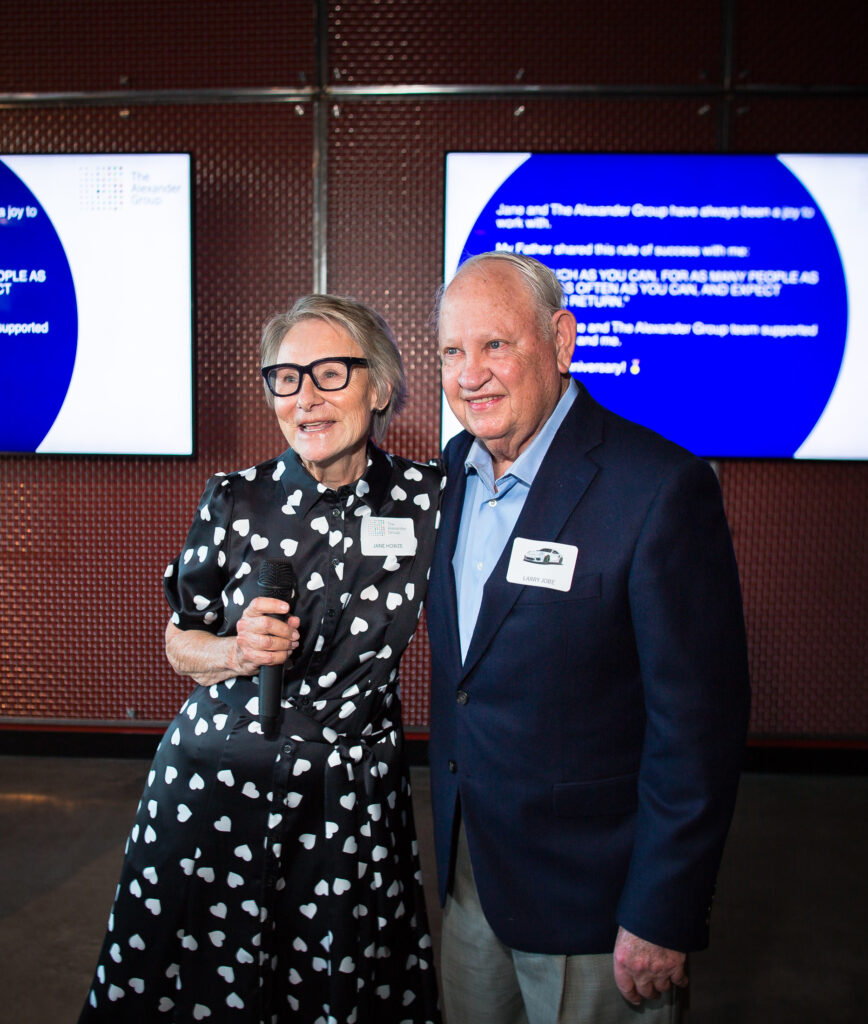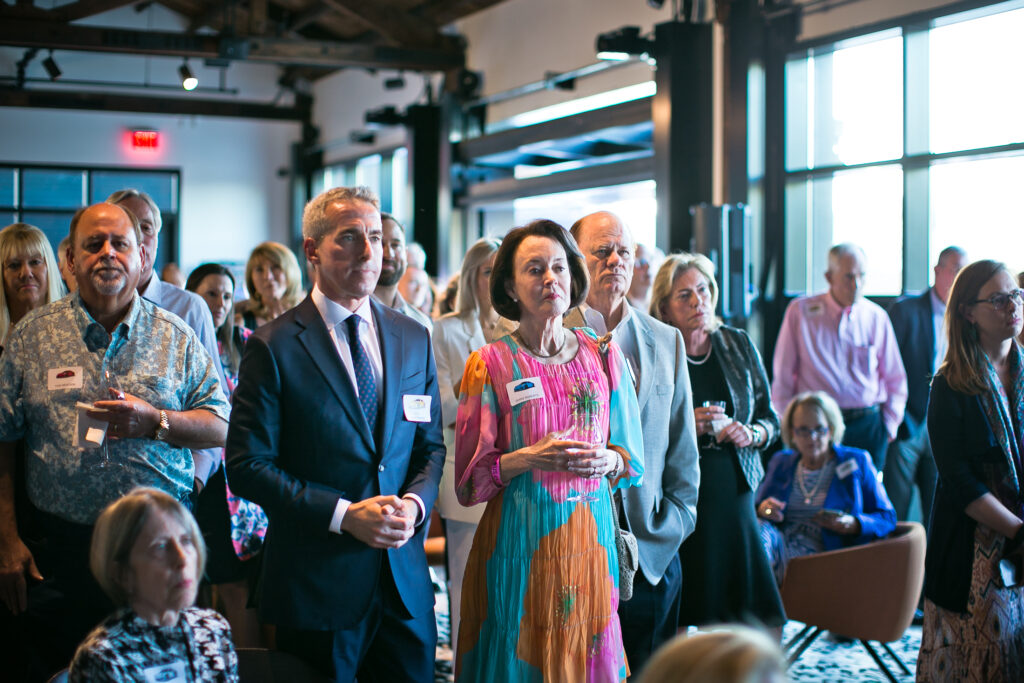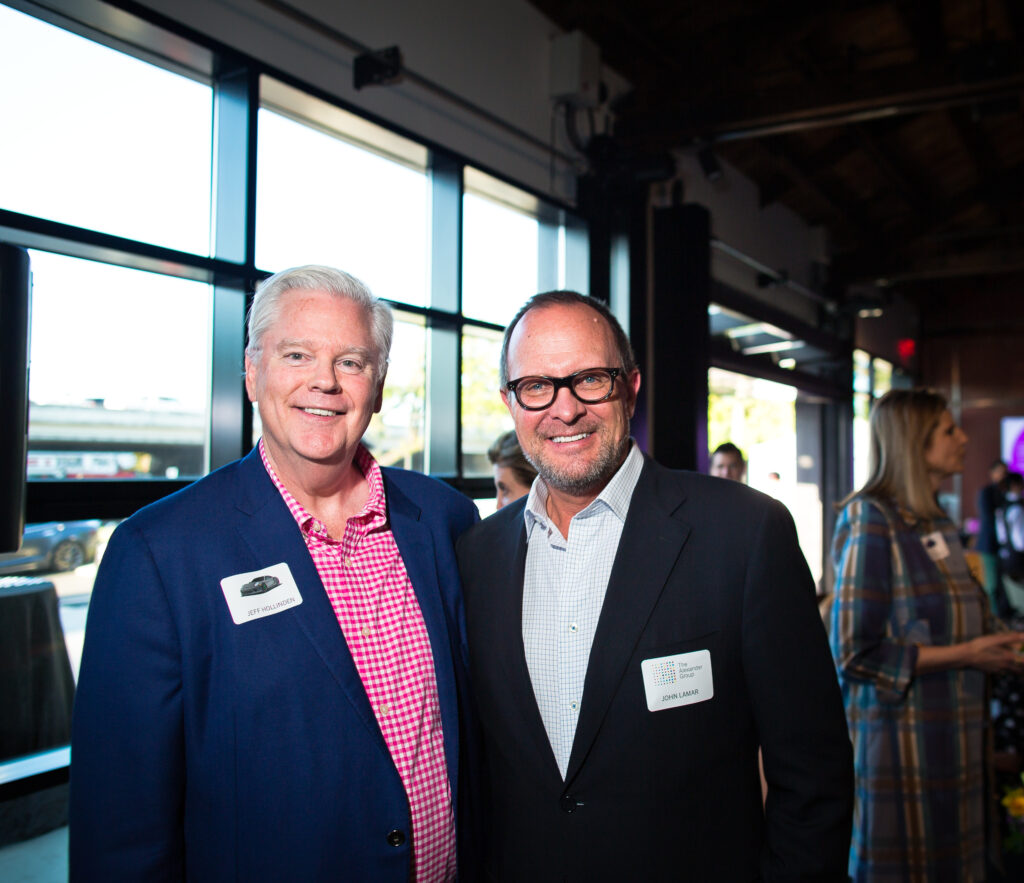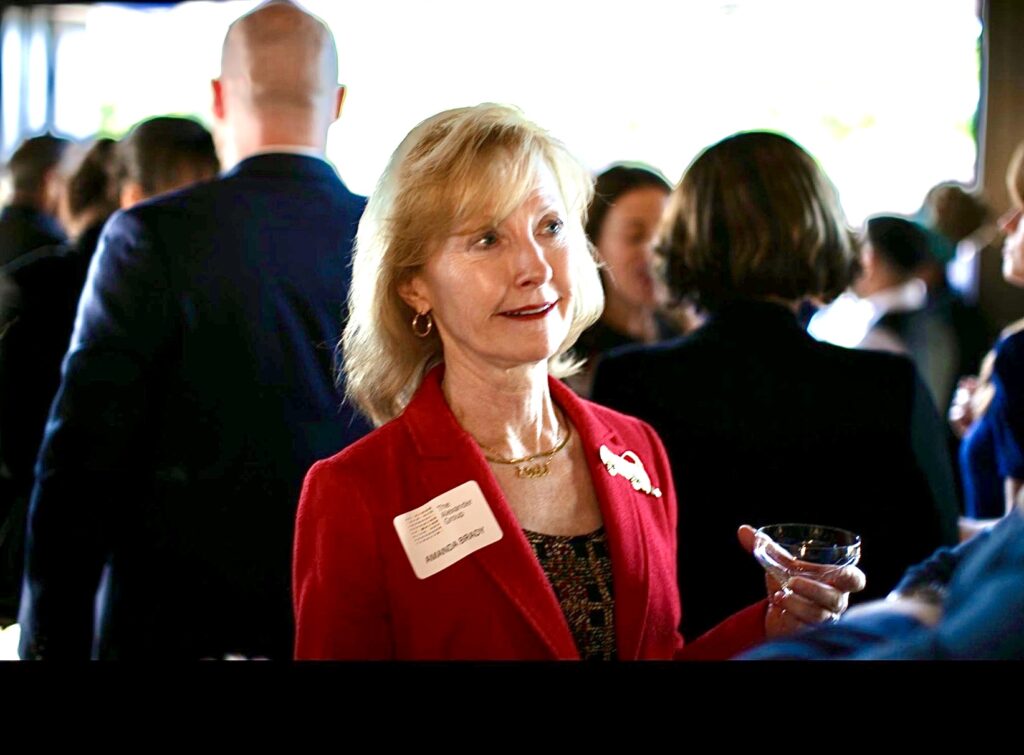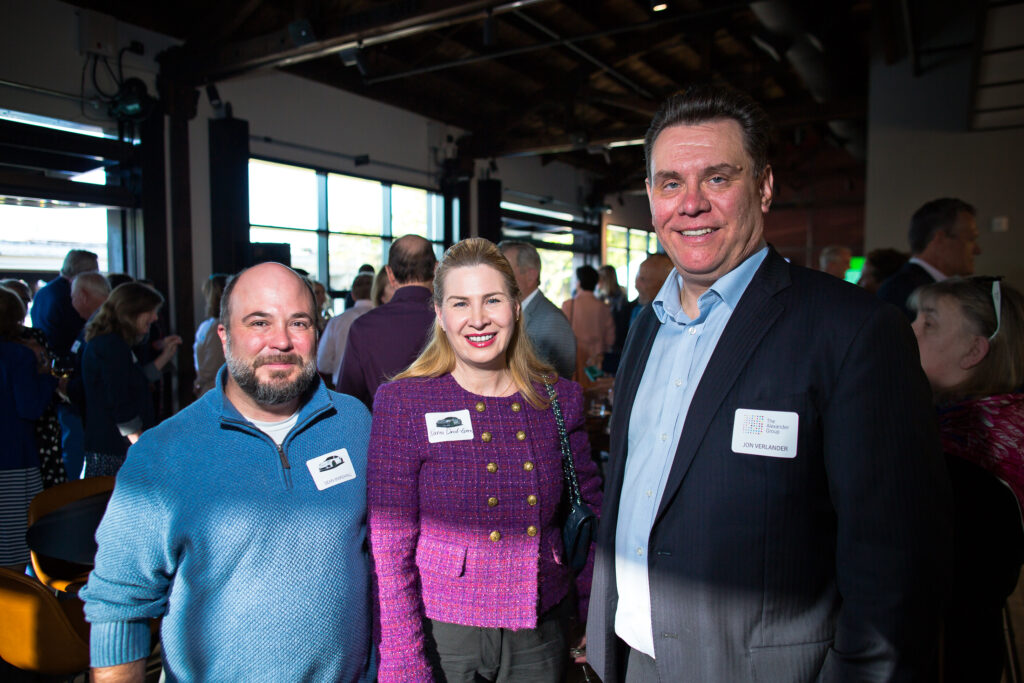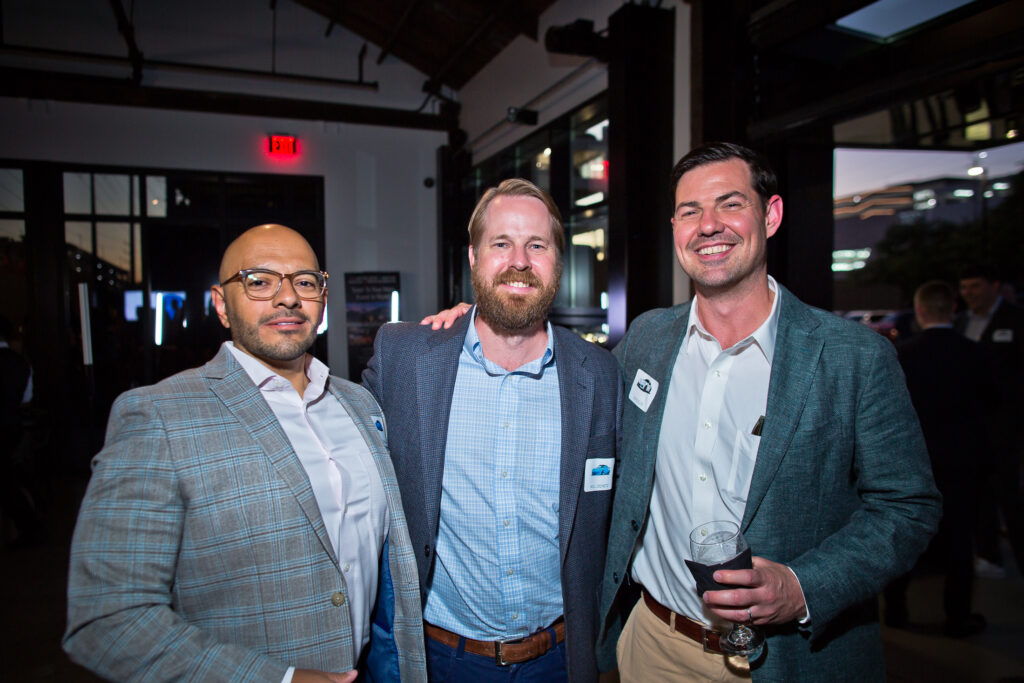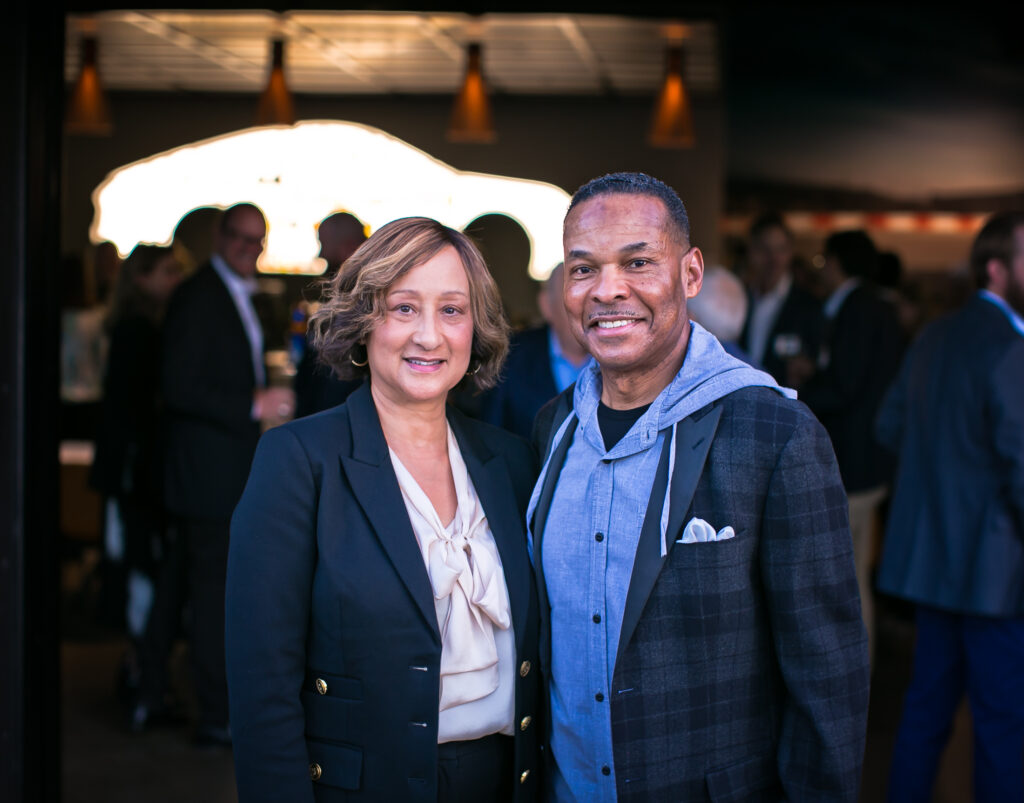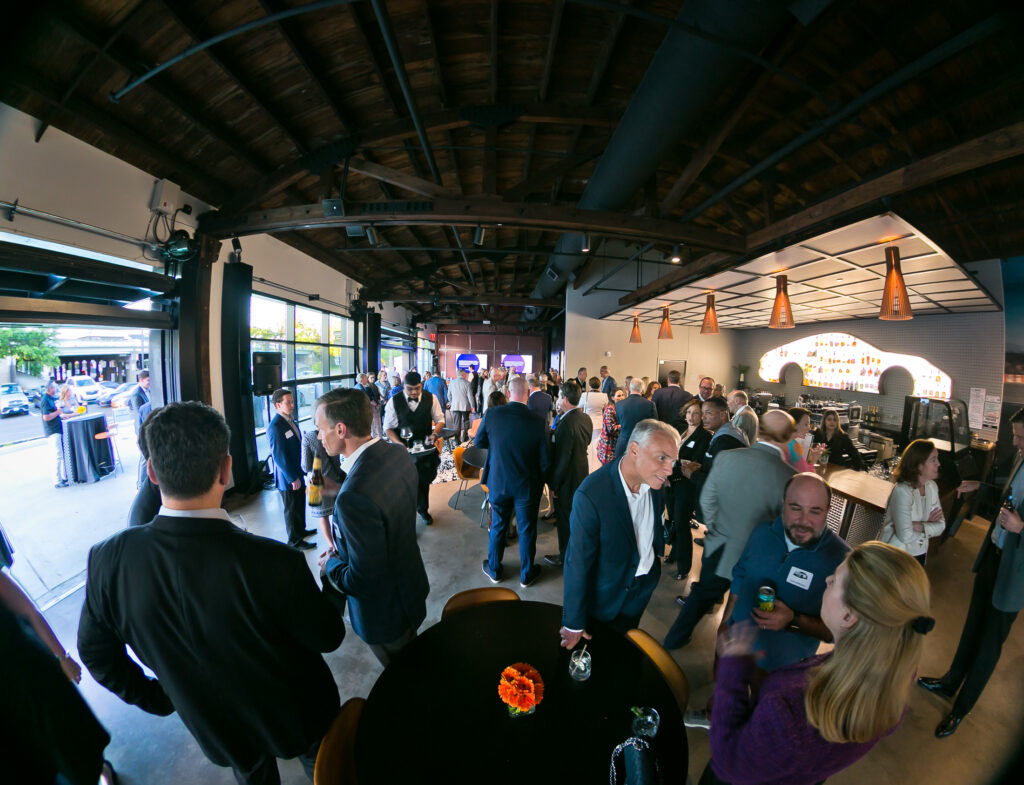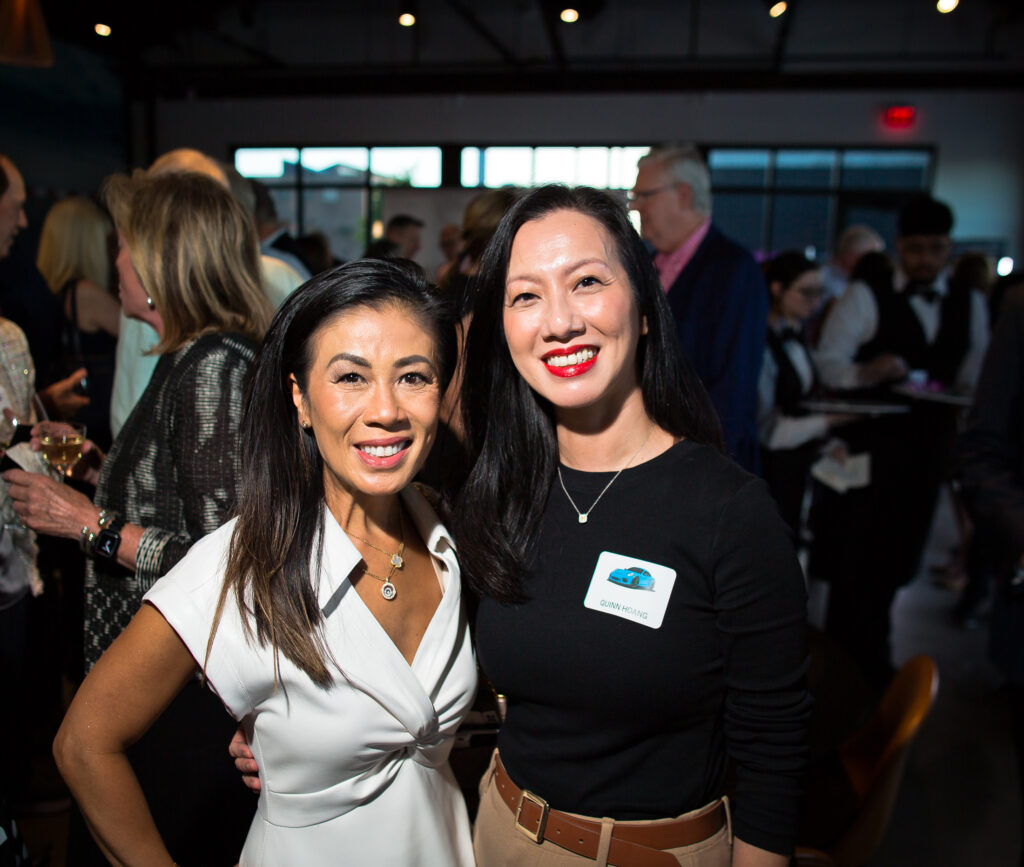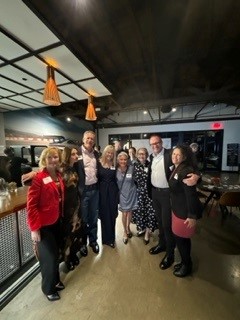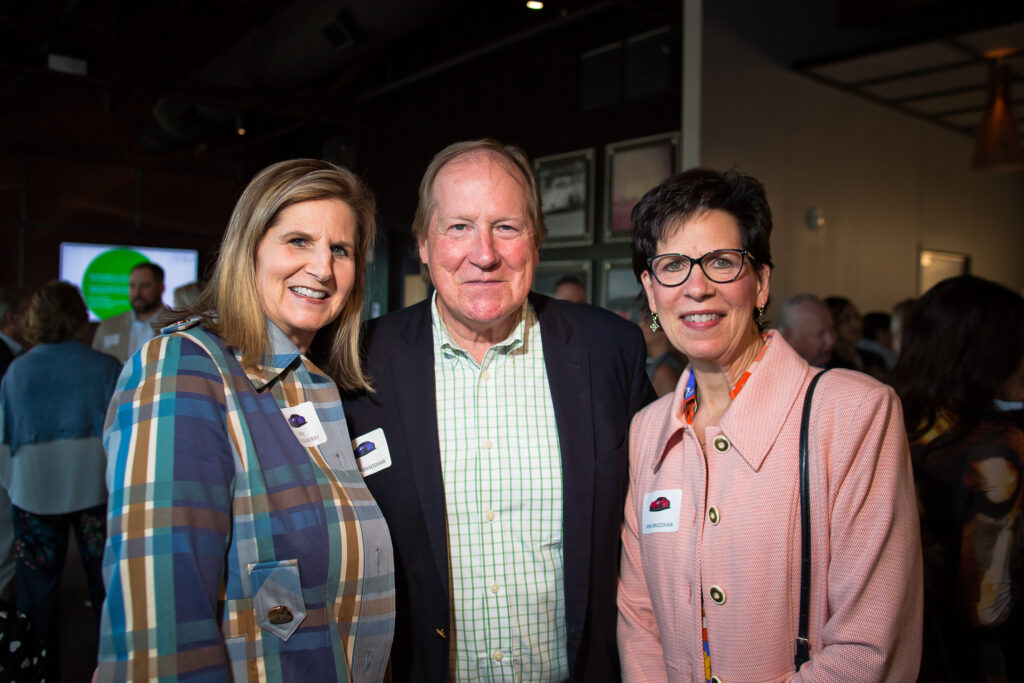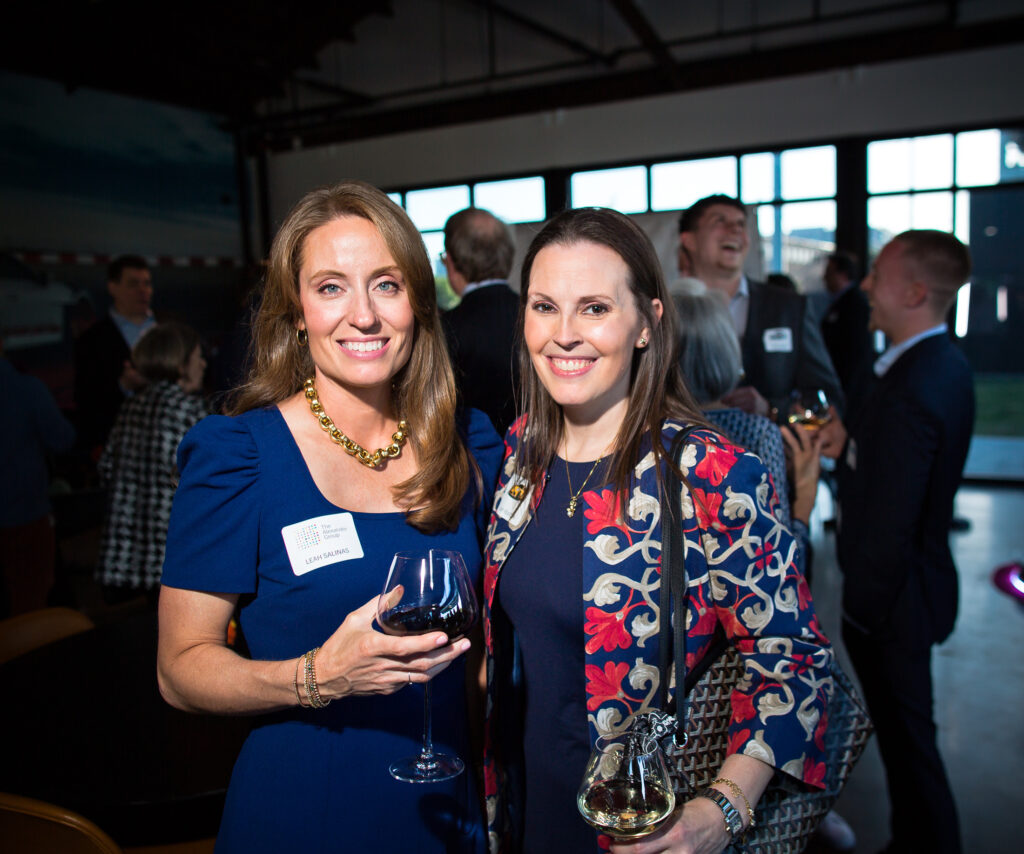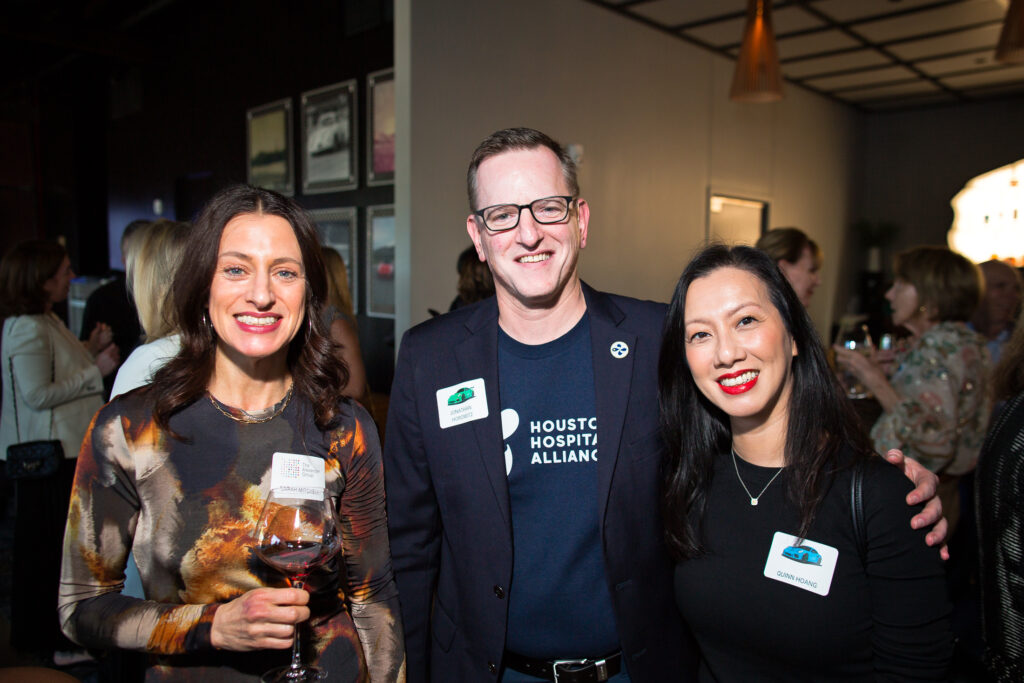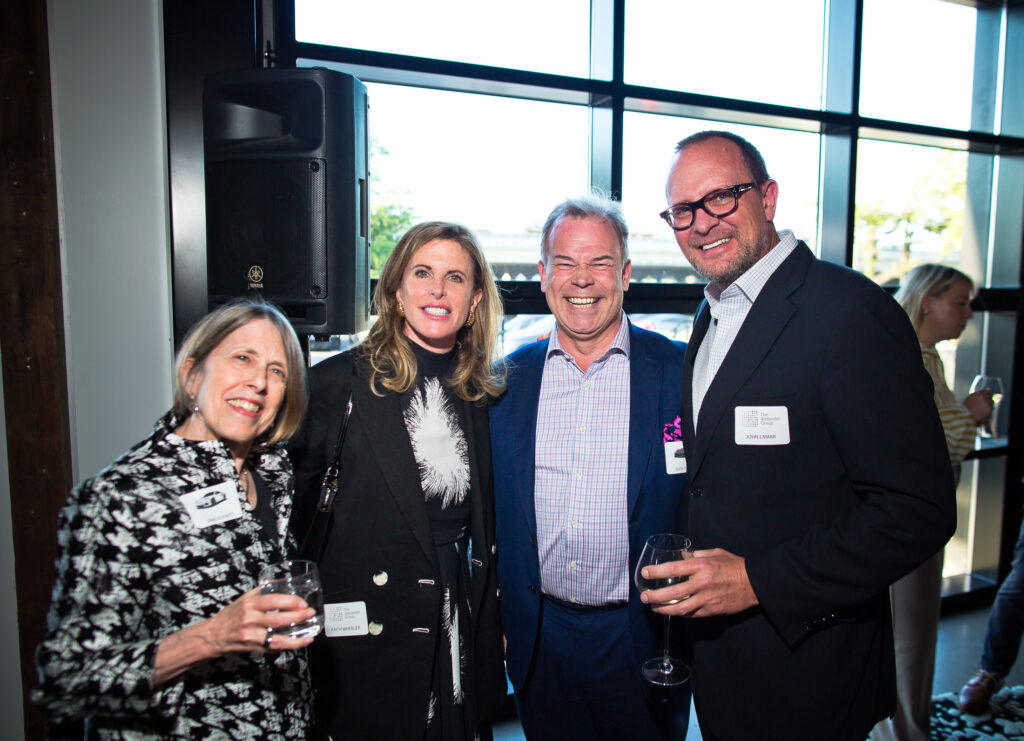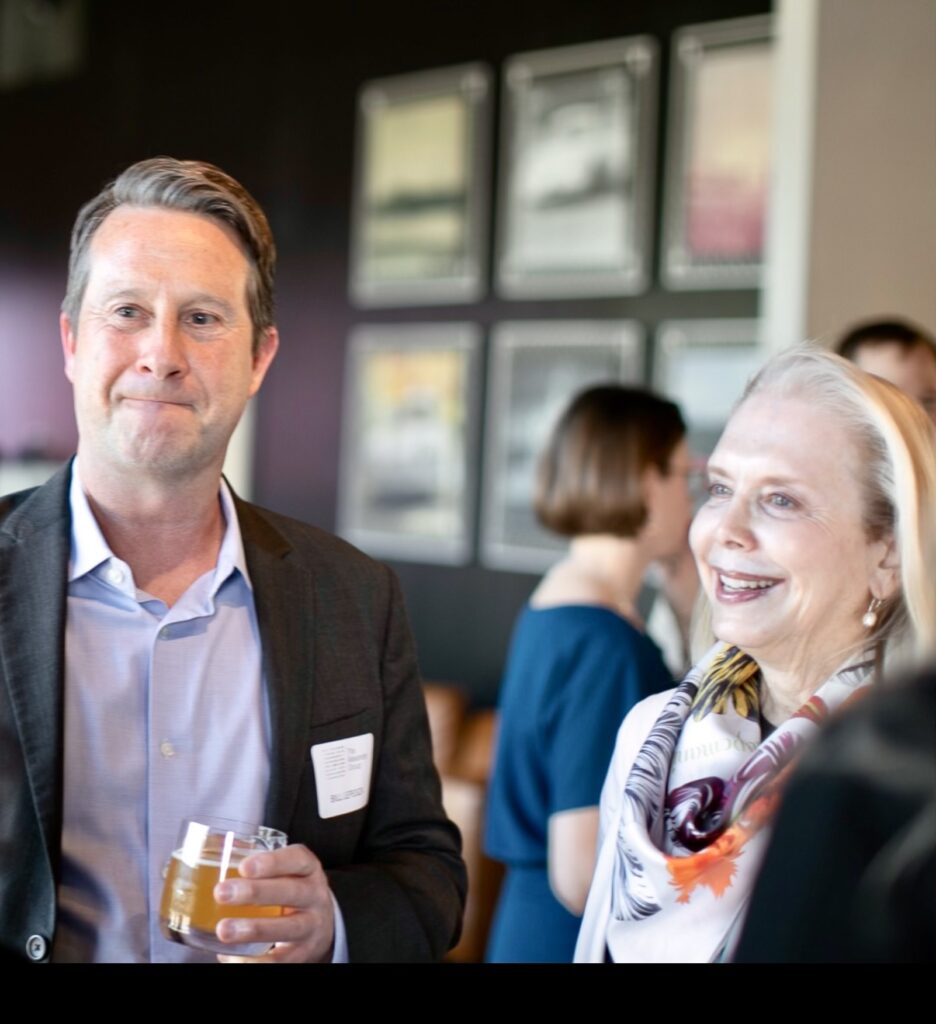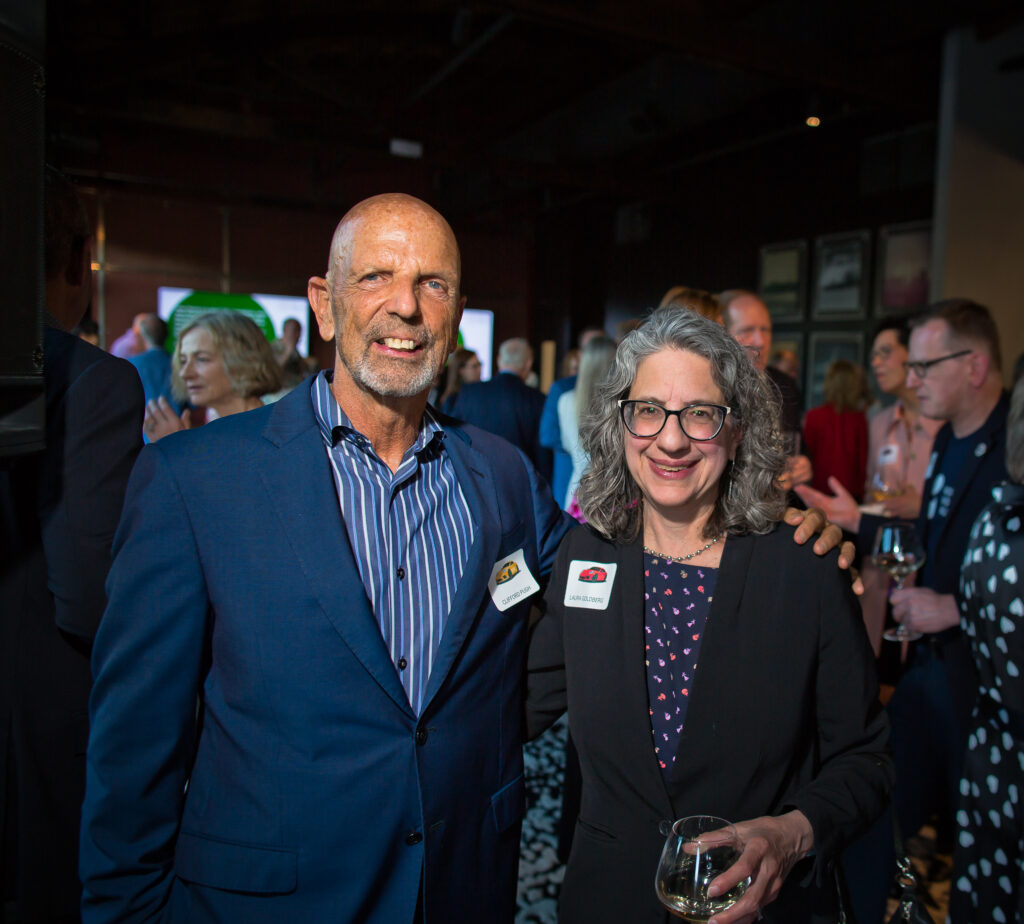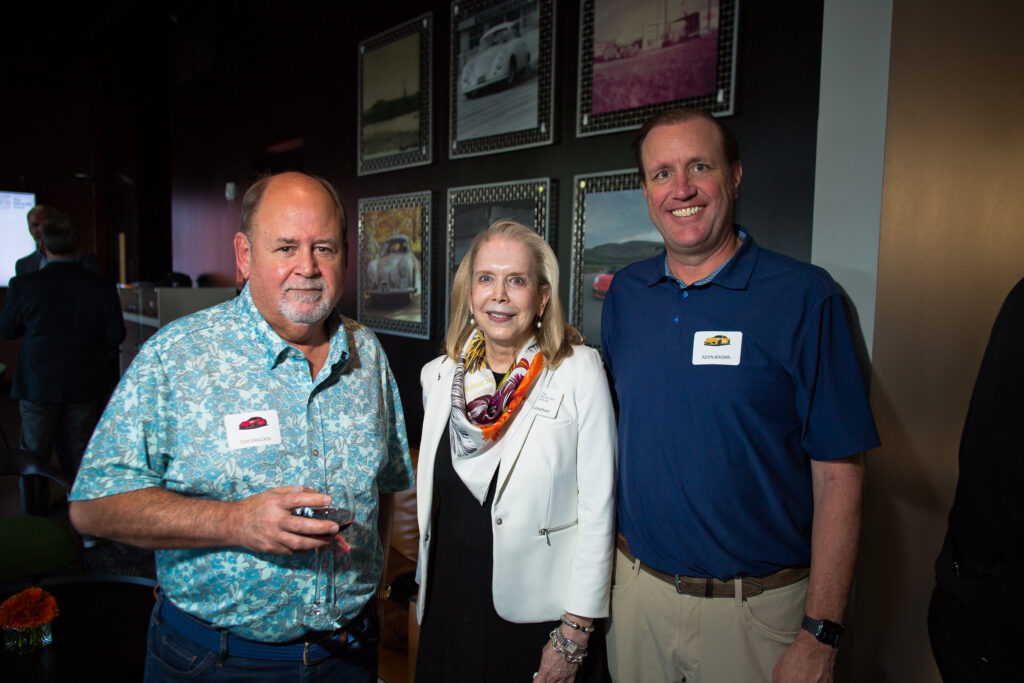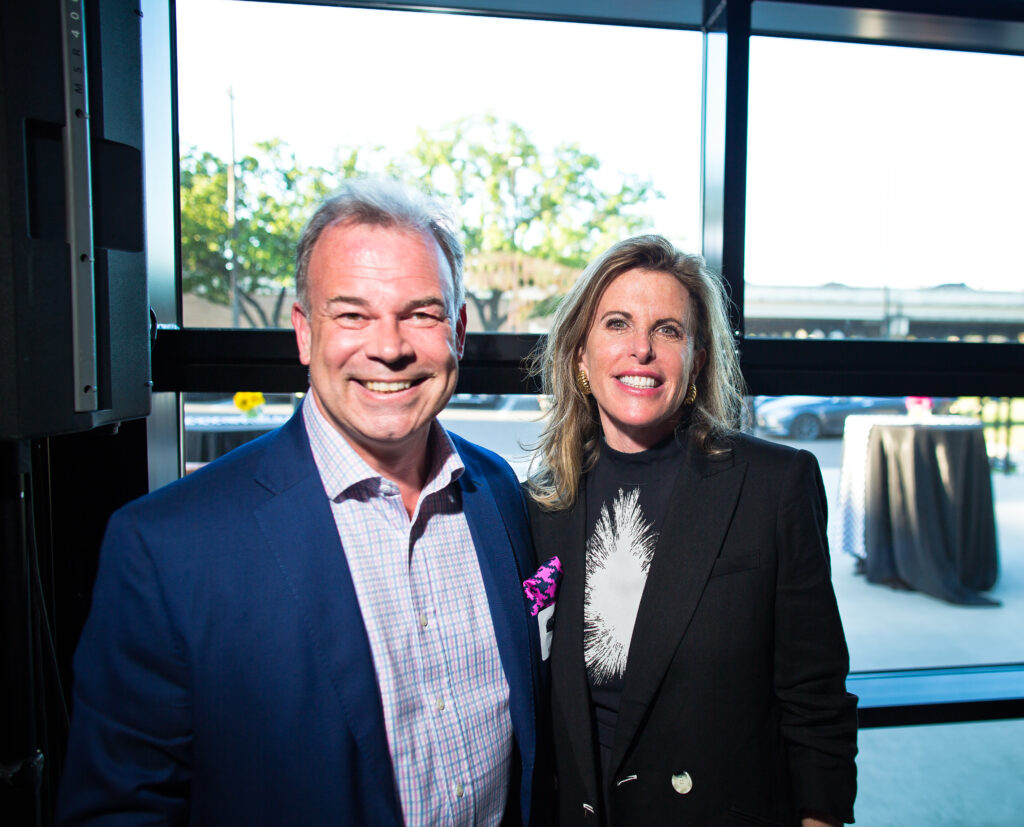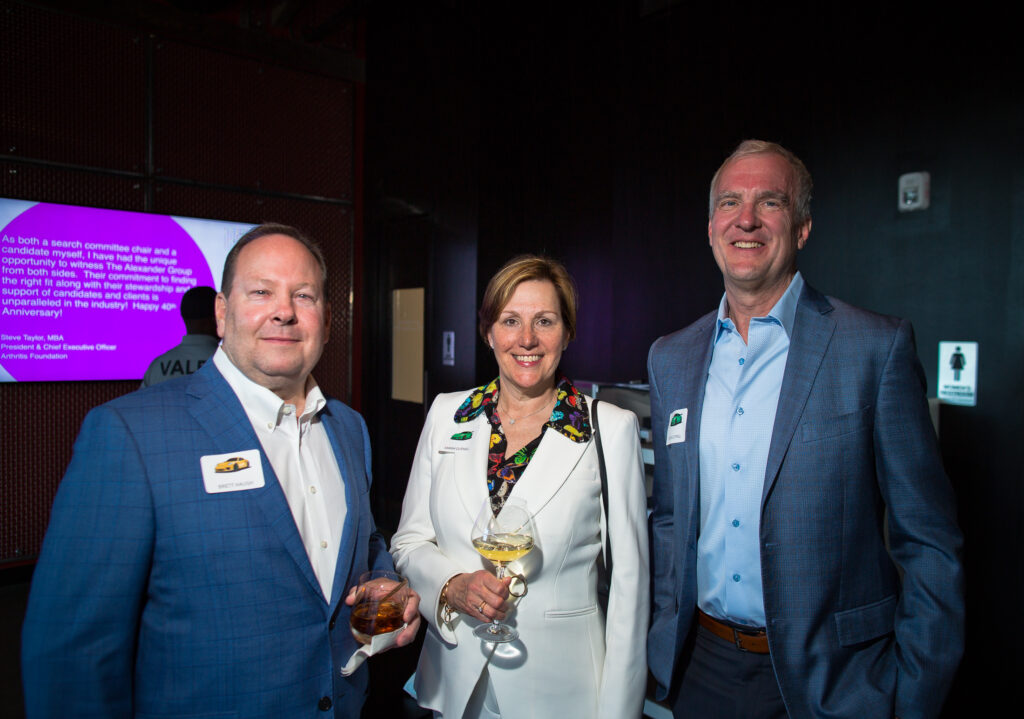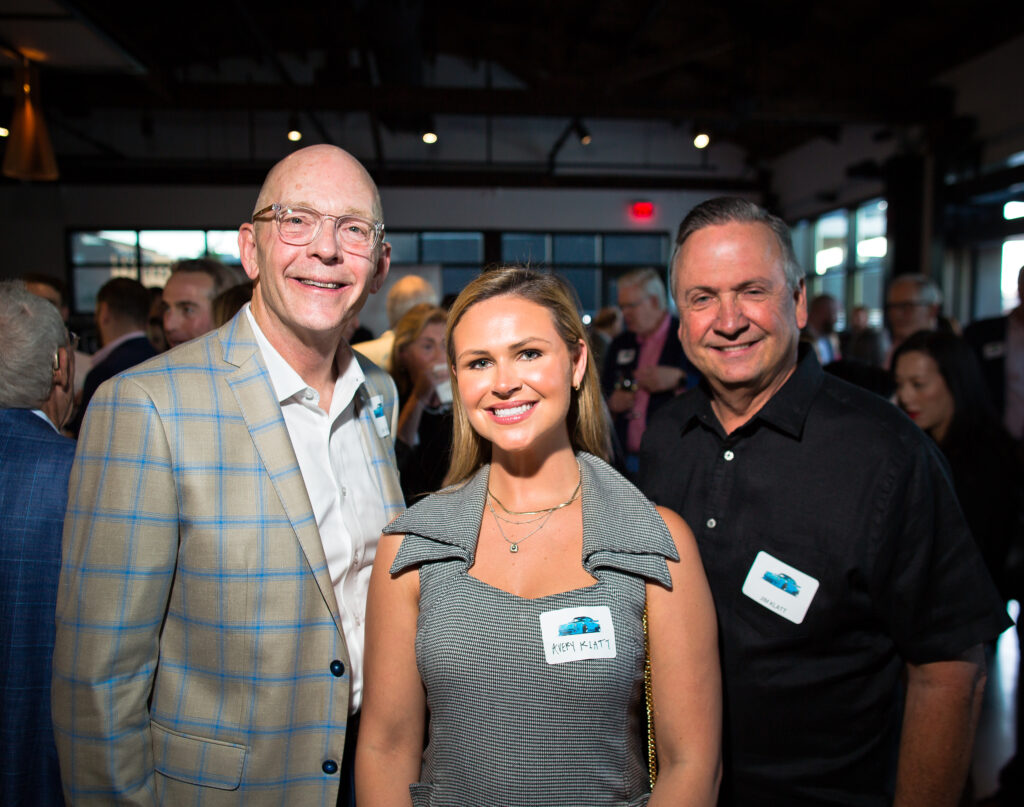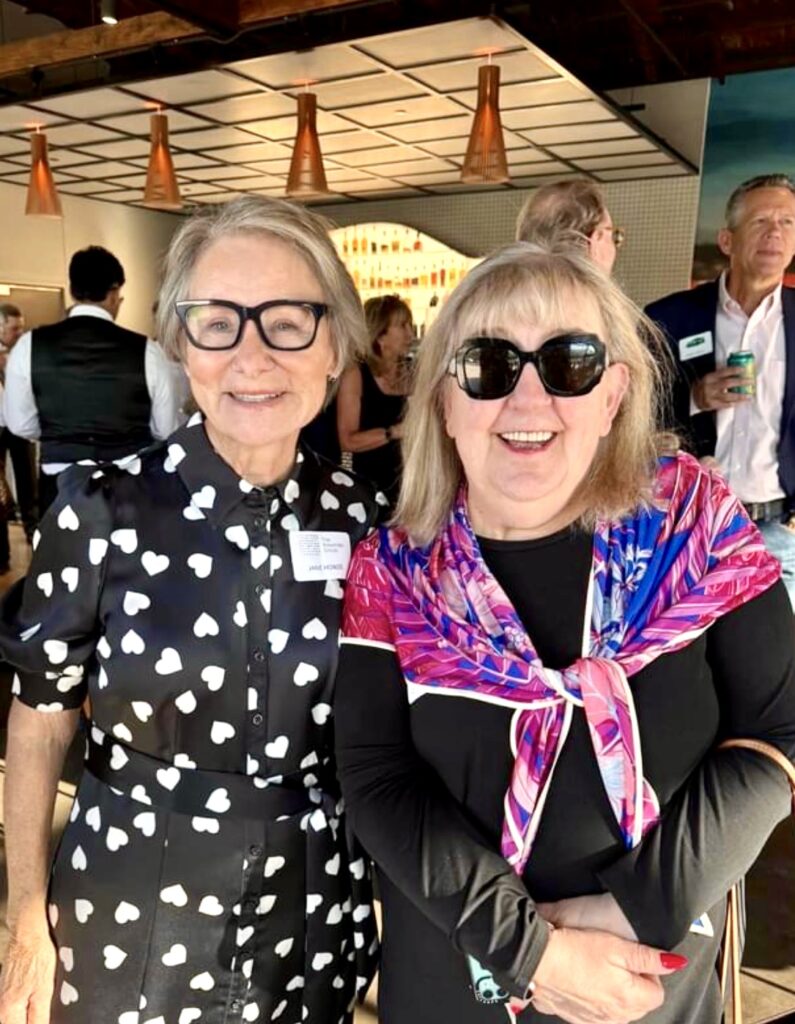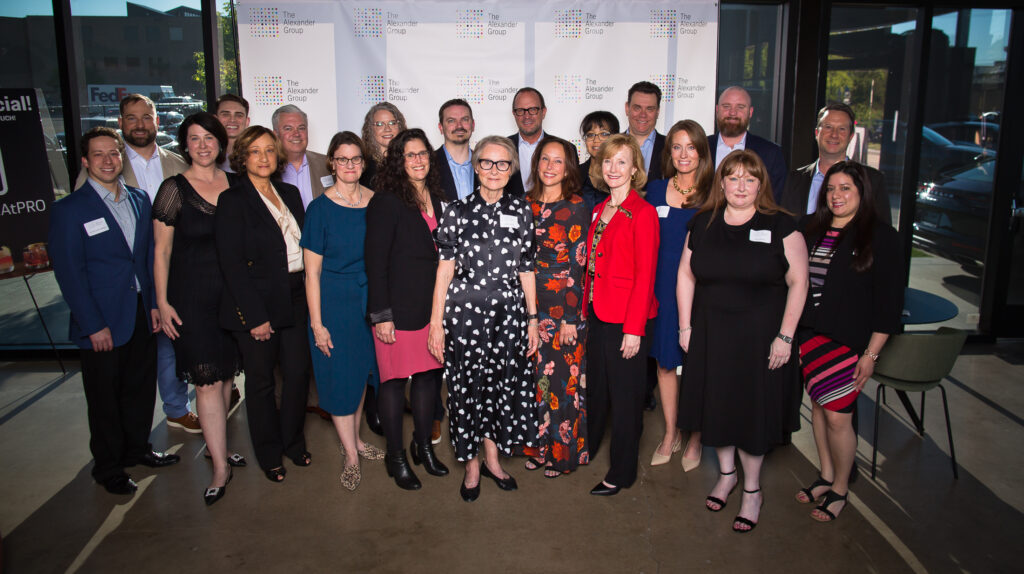There are many lessons to glean from the challenges that businesses faced during the COVID-19 pandemic. Leaders were suddenly tasked with guiding their organization through a volatile, ever-changing environment in which decisions had to be made quickly while keeping the health of their company and their workforce a priority.
For the thousands of pre-pandemic executive searches we conducted, the traits our clients most often asked us to look for were traits associated with high-performing business leaders: financial acumen, risk assessment, persuasive negotiating tactics, etc. Now, our clients are prioritizing the mental health of their workforce, and are seeking executives that not only have an aptitude for typical business skills, but who also possess traits that have proven to be effective in promoting the emotional stewardship of a workforce. Today’s most successful leaders display adaptability, empathy, and humility in executing their responsibilities.
Adaptability is key in a fast-paced business world. Adaptive leadership is defined by its emphasis on creativity, innovation, collaboration, and mutual respect to produce long-term change. A leader with these qualities can quickly assess a situation, identify the best course of action, and implement a plan that achieves results.
According to McKinsey, “adaptability is the critical success factor during periods of transformation and systemic change.” Surviving change is not the hallmark of adaptability, rather it is the ability to endure change, and use those learned experiences to move forward with purpose.
Empathy is another important leadership characteristic. Executives who are empathetic can see things from other people’s perspectives and understand their feelings. They can then use this understanding to build trust, motivate others, and resolve conflicts. This leadership quality proved especially important during the height of the pandemic when people were experiencing considerable amounts of stress.
Moreover, empathy has been shown to reverse the strains that stress puts on a person, particularly in their job performance. According to a Catalyst study of 889 employees, empathy has some profound effects on job performance. For example, 61% of employees who responded as having empathetic leaders were able to be more innovative, 76% reported being more engaged in their work, and 50% expressed that their workplace was more inclusive.
Microsoft CEO Satya Nadella credited the empathy he developed while raising his severely disabled son with shaping his drive to instill an empathetic culture at work. Empathy, Nadella writes, “[is] a quality that shapes our mission of empowerment at Microsoft and our quest to meet unmet and unarticulated needs of customers. And it’s the quality that helps us as a society move forward in creating new opportunity for all.”
Daniel Lubetzky built an entire company around the idea of empathy. He founded KIND with the idea that people would not only do the “kind thing” to their body by giving it a healthier snack option, but by doing kind things for others through acts of service and kindness. He believes that empathy gives executives a distinct competitive advantage.
He explains, “When I understand people with ease, I can accomplish more in both my business and my private life. Being able to access these skills is especially valuable in those moments when you feel threatened and your fight/flight instinct kicks in. If you can ask yourself questions like, ‘where is this person coming from?’ then you’re able to get to a more productive place quicker, thereby creating value for business and society.”
Humility is another highly sought-after characteristic among organizations looking for their next executives. Many companies even go as far as to have potential candidates do some sort of personality analysis or ask probing questions during the interview process designed to get a better idea of their aptitude for humility.
For example, humility-focused questions such as “Do you appreciate teammates’ feedback at work?” or “As a leader, do you think you’re entitled to more recognition than the rest of your team?” have become ways to determine a candidate’s ability to lead with humility, which, according to studies, has led to increased employee engagement, lower turnover, and stronger teamwork.
A study conducted by the University of Singapore and Arizona State University found that humble CEOs are more likely to have better-performing management teams, leading to better overall company performance. Antonia Hock, global head of the Ritz-Carlton Leadership Center, was asked by the Society for Human Resource Management what managers could do to lead with humility. She advised to ask yourself a few questions after leading meetings or having one-on-ones with your team members:
- “Did I ask for feedback, ideas and opinions because I was really engaged or just as a token way to close?”
- “Were the concepts, ideas or processes that I presented first vetted with employees at various levels? ‘Leaders miss on this one all the time,’ Hock says. ‘No one likes to be asked to buy into directives that they had no voice in forming.’”
- “Did I acknowledge the role that others played in creating, designing or driving my ideas or thoughts? ‘Great leadership does not exist in a vacuum, so actively [point out] who advised you, inspired you or contributed,’ Hock adds. ‘If you don’t have anyone in this category, that’s a problem.’”
As businesses evolve, and the world continues to throw new challenges their way, executives are looked to for steady leadership. Although there are numerous traits that successful executives must have, perhaps the most important are the ones that define their personality. Adaptive, empathetic, and humble leaders are the ones best positioned to quickly gain the confidence of their teams, which is the foundation for success.


